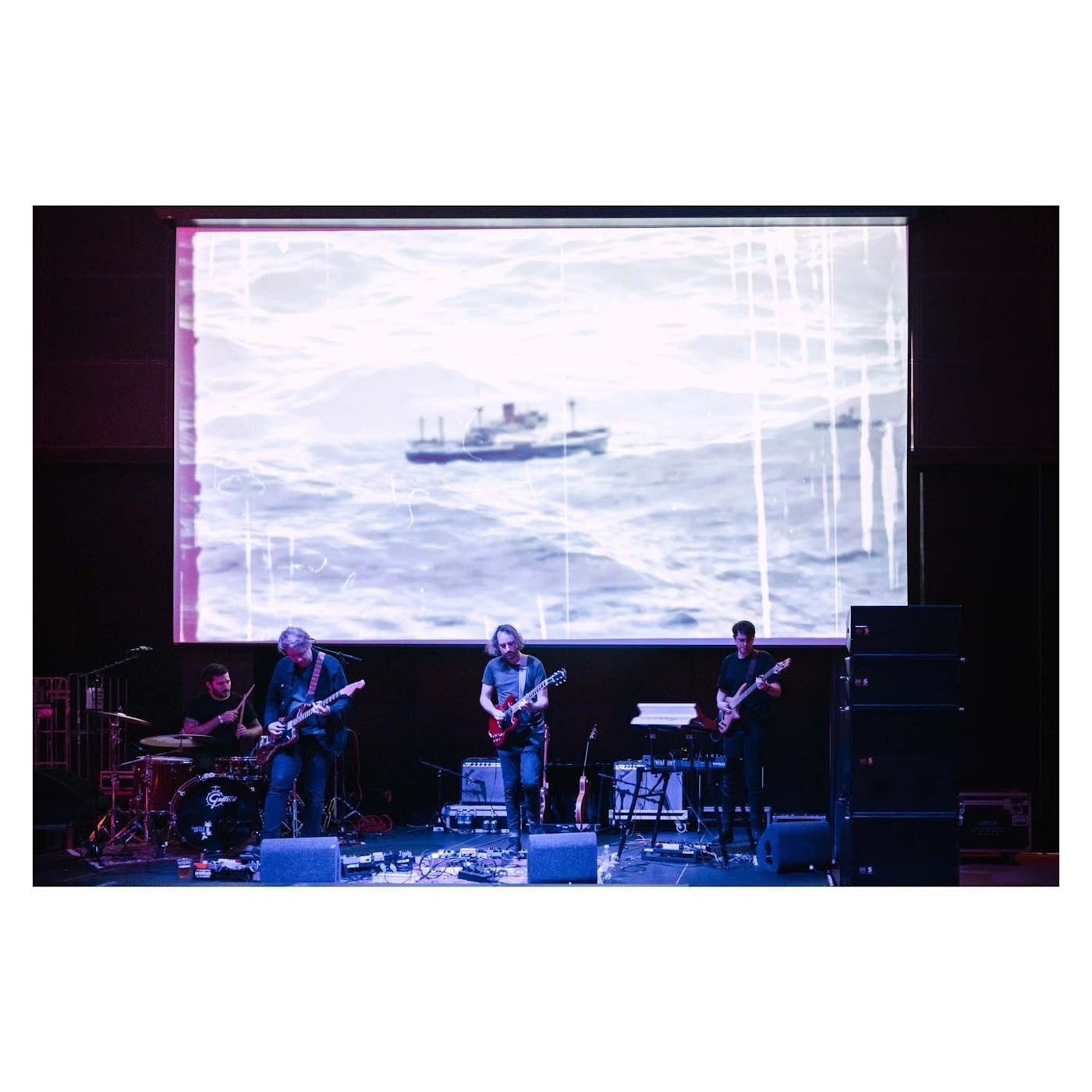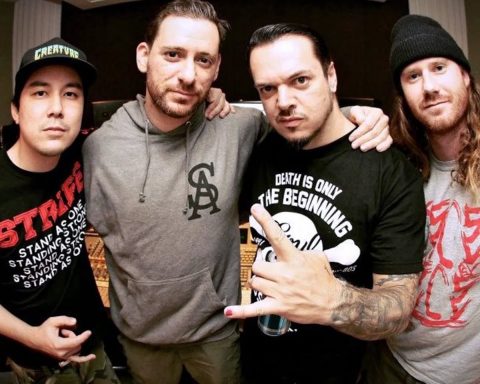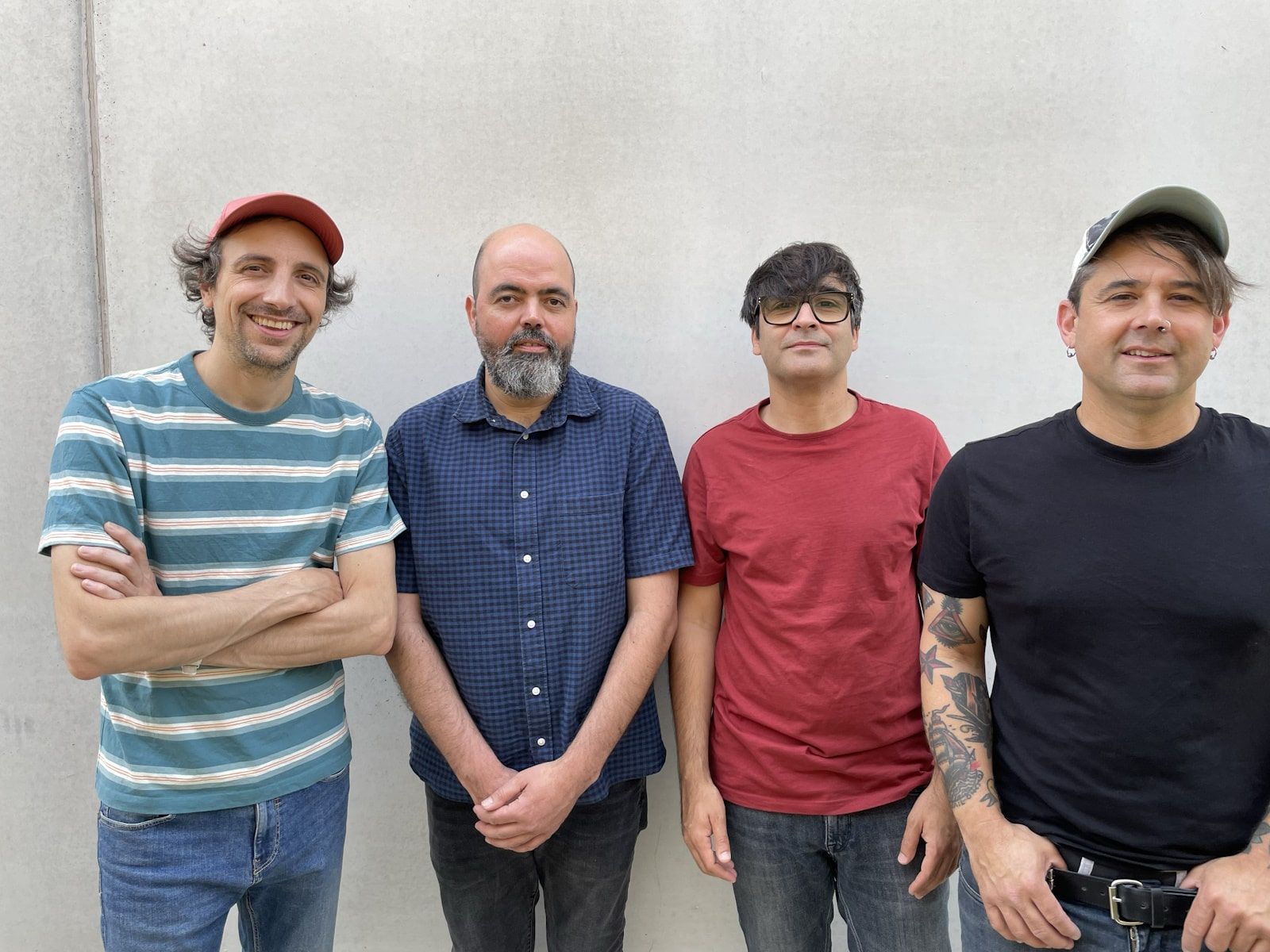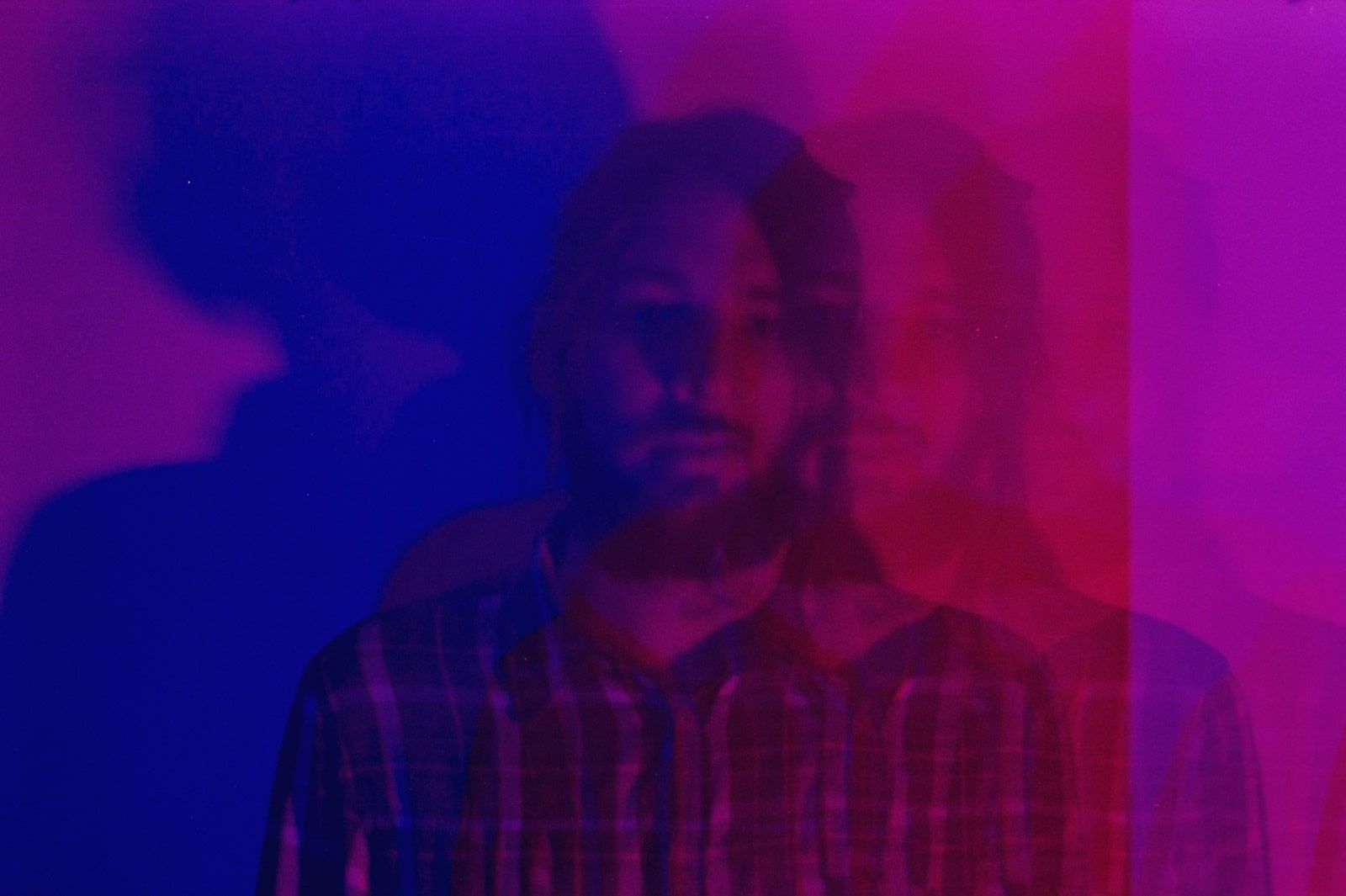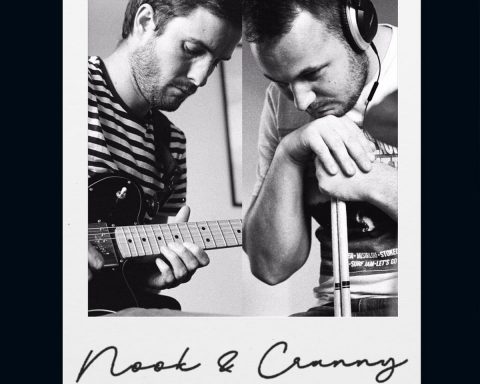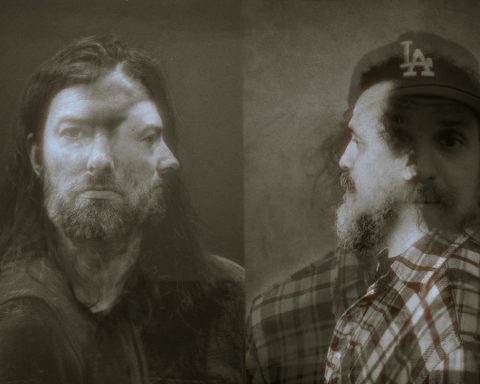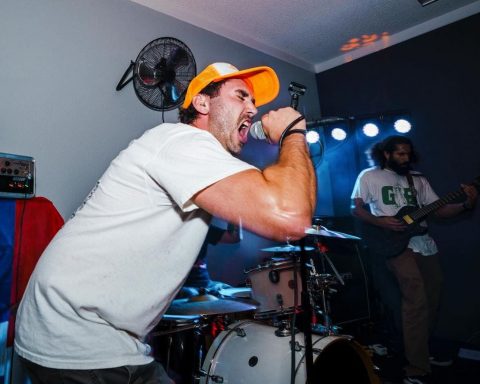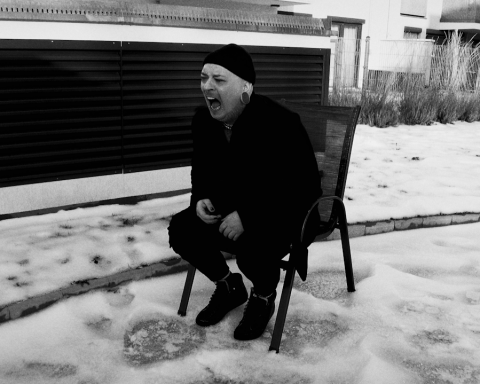In the whirlwind of New Music Friday, amidst the deluge of fresh tracks and emerging talents, Thistle Sifter’s “The Forgotten Man” emerges as a beacon, casting a luminous glow on the post-rock landscape. Premierng today, along with a new music video, this track is a testament to the resilience of the human spirit, a beacon of hope born out of adversity.
Thistle Sifter, the ambient instrumental post-rock brainchild of English musician Pete Barnes, based in Utrecht, Netherlands, offers listeners an immersive journey through a sonic landscape painted with poignant memories and raw emotions. With “The Forgotten Man” being the inaugural track from their forthcoming album “Circles,” fans are eagerly awaiting its digital and vinyl release on Friday, 26th January 2024. To mark this musical milestone, an enthralling audiovisual release show has been scheduled for Saturday, 27th January 2024, at De Nijverheid in Utrecht (NL).
Delving into the depths of Barnes’ psyche, “The Forgotten Man” emerges as a poignant reflection of the numerous trials he endured in recent years. A harrowing cycling accident in November 2020 turned his world upside down, leading to a tumultuous period marked by physical injuries, personal reassessments, and an ensuing sense of dislocation from cherished aspects of life.
The ensuing global pandemic and the socio-political ramifications of Brexit further exacerbated Barnes’ feelings of isolation, especially given his innate desire to reconnect with his British roots.
In our exclusive interview with Barnes, he sheds light on the inspiration behind Thistle Sifter’s name, recounting a heartwarming video call with his parents in England. His father’s playful attempt to teach his daughter an English tongue twister titled “Thistle Sifter” left an indelible mark on Barnes, especially during his initial recovery phase.
The symbolism of thistles blooming in abundance in his garden further cemented the name’s significance, weaving it into the tapestry of his musical journey.
When probed about the title “The Forgotten Man,” Barnes candidly shared how it encapsulates the myriad struggles that beset him over the years. The track embodies feelings of dislocation and solitude, resonating with many who’ve faced similar challenges. With the haunting specter of post-concussion syndrome looming large, music morphed into a therapeutic outlet for Barnes, enabling him to channel his emotions and find solace amid chaos.
The forthcoming album, “Circles,” promises to be a compelling narrative of Barnes’ introspective journey. Its recurring theme revolves around the sensation of going in circles, a metaphor for the feelings of dislocation and detachment that pervaded his life during its creation.
Looking ahead, Barnes envisions Thistle Sifter’s music evolving as he continues to collaborate with diverse musicians and artists. With new songs already in the works for a third album, Barnes remains committed to pushing the boundaries of his musical expression, ensuring that Thistle Sifter remains a beacon of innovation and resilience in the post-rock realm.
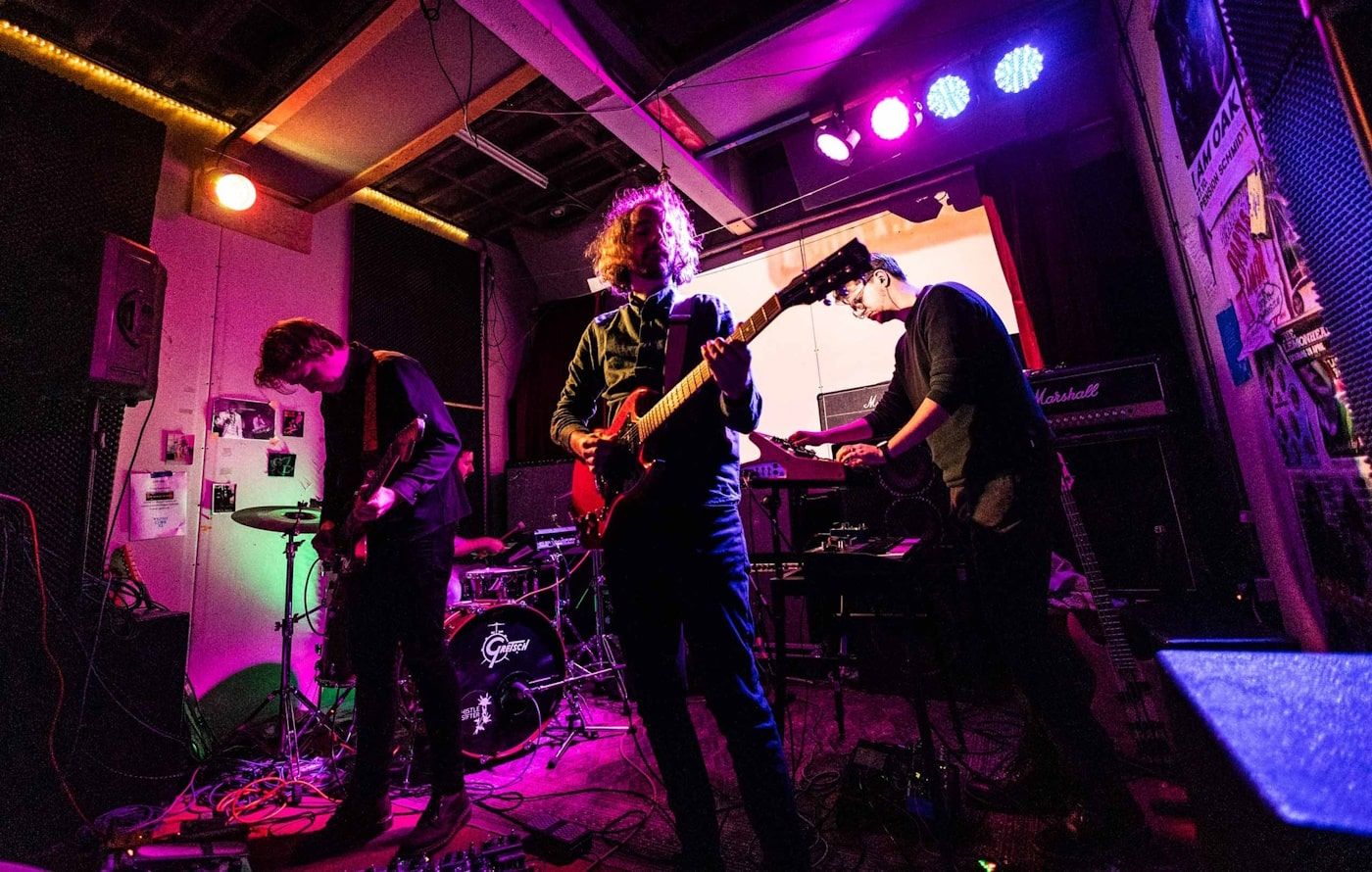
Can you tell us more about the origin of the name ‘Thistle Sifter’ and its significance to your music?
The name initially came about when we were on a video call with my parents in England and my father was trying to teach my daughter an English tongue twister by the name of Thistle Sifter. The name really resonated with me during my initial recovery period, during which the first album was written. In the months that followed I was overwhelmed by the abundance of thistles in my garden and surrounding nature. The name kind of stuck after that and the rest is history, as they say.
What inspired the title ‘The Forgotten Man’ for this particular track?
‘The Forgotten Man’ represents various struggles I’ve been through in the last couple of years. Many aspects of my life which had previously been taken for granted were put on hold, resulting in a somewhat dysfunctional existence. The track symbolizes these feelings of dislocation and loneliness.
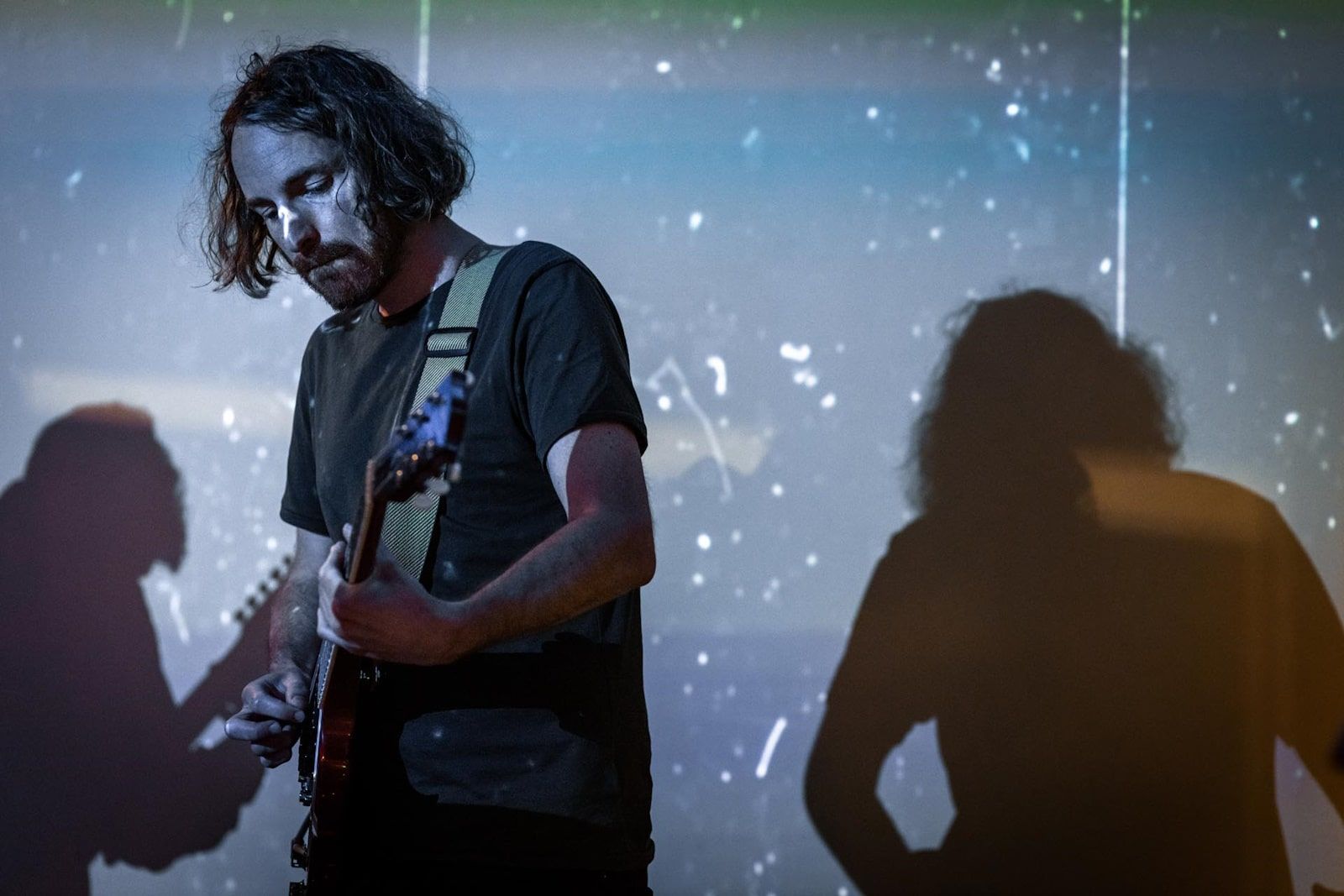
How did the aftermath of the cycling accident influence the overall tone and mood of ‘The Forgotten Man’ and the album ‘Circles’?
In the last couple of years I’ve suffered heavily from post concussion syndrome, forcing me to live a relatively secluded life. Music became a form of escapism and the ideal therapy during my recovery.
Were there specific emotions or moments from your recovery that you channeled directly into your music?
Music has always been the best way for me to express my emotions. During my recovery it became a vital part of the healing process, a form of trauma therapy. Picking up a guitar or playing the piano is always very therapeutic and has helped to bring reflection and acceptance to a very difficult period in my life.
How did your creative process differ, if at all, for this album compared to previous works, especially considering the physical and emotional challenges you faced?
‘Circles’ is a natural continuation from debut album ‘A Spectral Moon’. One big difference is that ‘A Spectral Moon’ was written prior to this project existing. It was only due to the encouragement of friends to finish the album that Thistle Sifter was born.
Both albums were written at home, but on the new record I’ve been lucky enough to involve more people and have been able to practice and perform some of the songs live, which has allowed them to develop more naturally.
How does ‘The Forgotten Man’ set the tone or theme for the rest of the ‘Circles’ album?
The feeling of literally going around in circles is a recurring theme on the album. Feeling lost and dislocated from your surroundings was a big part of the period in which the tracks were written, therefore it felt like the ideal theme to link the two albums together.
Can you elaborate more on the primal pull you felt to be in the UK and how that affected your mental state and, by extension, your music?
I think that the UK features as a theme on ‘Circles’ primarily because I have felt very isolated from my British friends and family, due to the pandemic and personal health issues. I’ve been living in the Netherlands since 2008 and I’ve always felt torn between the two countries. I love the UK and miss the language, culture and my friends and family. This has made it harder to settle in the Netherlands, as I always thought I would move back after a few years of living abroad.
How did the worldwide pandemic and Brexit further complicate your feelings of dislocation and isolation?
I’ve always tried to return to the UK regularly to see friends and family and this was the first time I was physically unable to travel, which was made even more untenable by a worldwide pandemic. My daughter was born in 2019 and we were unable to introduce her to many of my friends and family until 2022 or 2023, due to my poor health and Covid 19.
I’ve come to realize that the British perception of the world that I grew up with, and that is still portrayed in the British mainstream media, is a very distorted one and should be taken with a pinch of salt. Brexit only strengthened this feeling and ultimately closed the door on any vision I had of living in the UK for the foreseeable future.
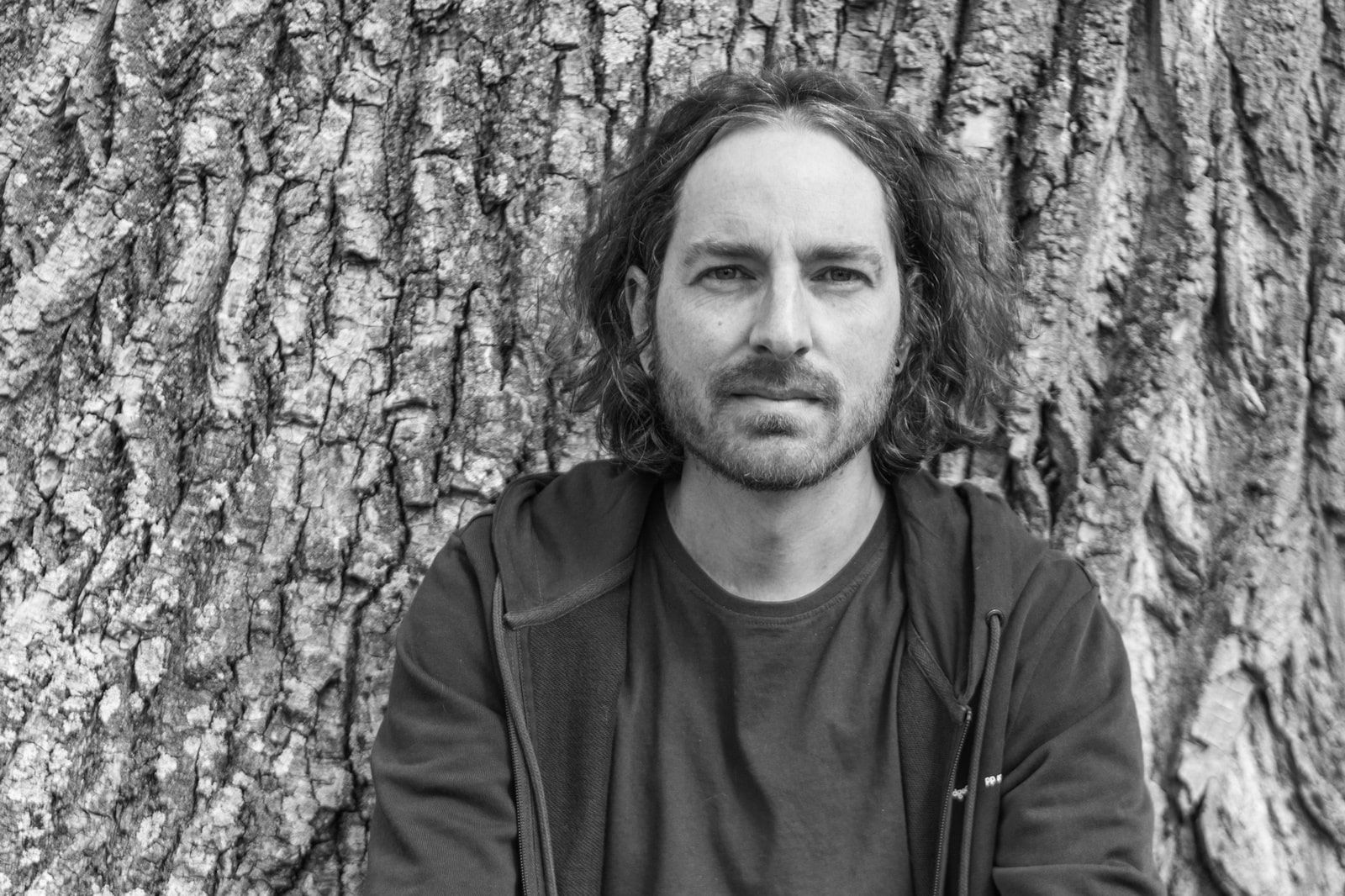
Why did you choose De Nijverheid in Utrecht for the audiovisual release show?
The show is a double bill with fellow Utrechters Moonwatch, who will also be releasing their debut album on the same date. De Nijverheid was always our first choice because it is one of the best locations for music in the city and perfectly suited to both of our audiovisual live shows.
How will the audiovisual aspect of the release show complement the themes and mood of the album?
It was important to me that there were visuals to compliment the music and enhance the audience’s experience. Visual artists Thomas van Gaalen and Nici Metselaar both contributed visuals to the new album, which are based on the theme of each album track. This will hopefully give the audience a better insight into the story behind the music and add to the live show.
Are there any special preparations or collaborations for this show that fans can look forward to?
It promises to be a bigger and more eclectic show than any previous gig we have played.
There are a few new instruments and instrument switches included, and the new visuals really add to the live experience too.
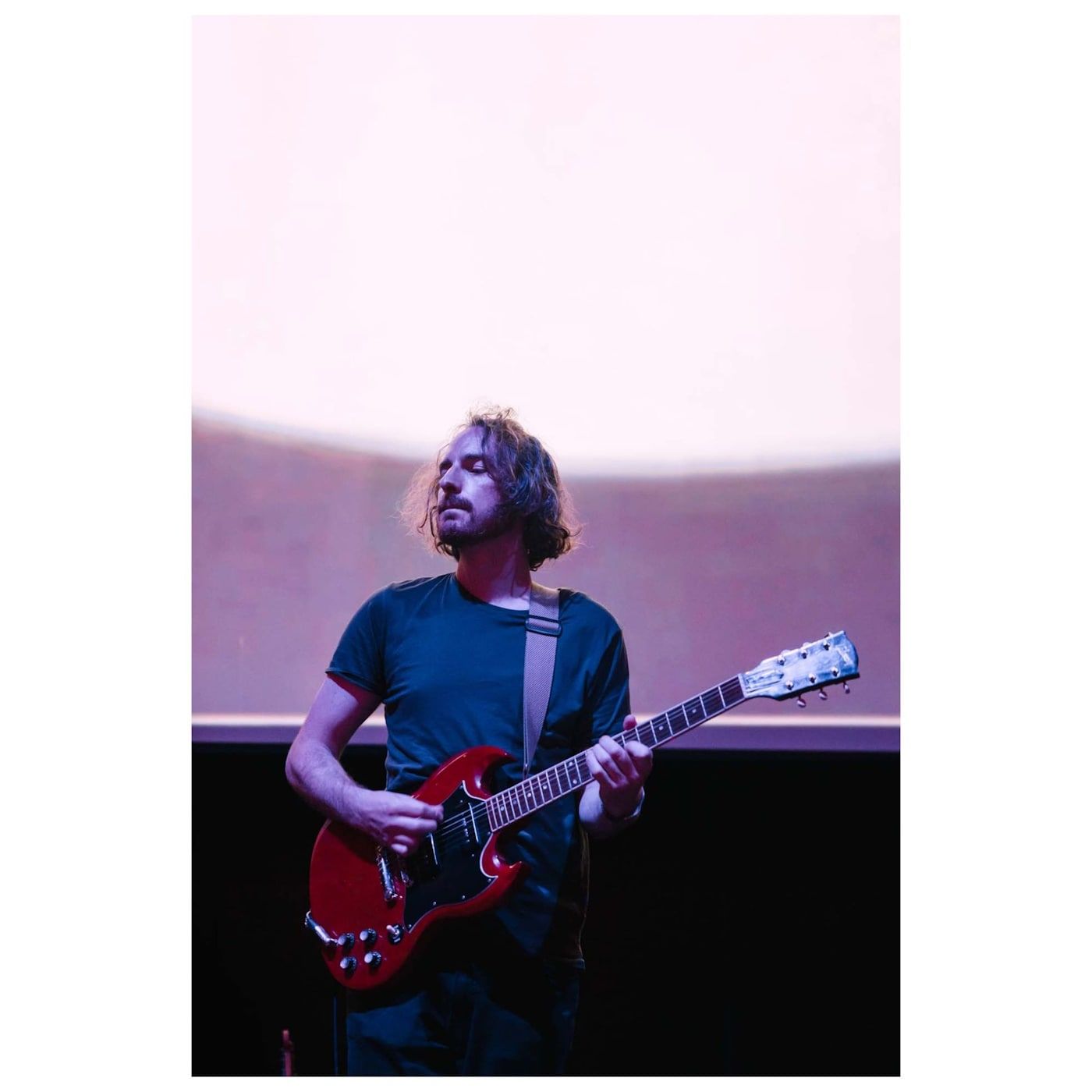
What do you hope listeners will take away from ‘The Forgotten Man’ and ‘Circles’?
It’s a very personal record and I hope that people listen to it from start to finish, because it symbolizes the roller coaster I’ve been on in recent times. Hopefully the listener will hear a more dynamic and better produced sound compared to the first record, for which I thank Tom Broshuis (production), Koen Klarenbeek (drums), Rob Wickham (bass) and Marta Jimenez (cello).
How do you see your music evolving in the future, especially as you continue to process and reflect on the past few years?
I’ve always tried to continue to evolve musically and not set myself any musical boundaries. Thistle Sifter provides me a platform to experiment and work with different musicians and artists, which will definitely influence the direction of the music in the future. I’ve already written a handful of new songs for the third album and I expect it to be very different from ‘Circles’.
This project has really opened my eyes to producing my own music at home, and I plan to continue writing and recording from my home studio in the future.
